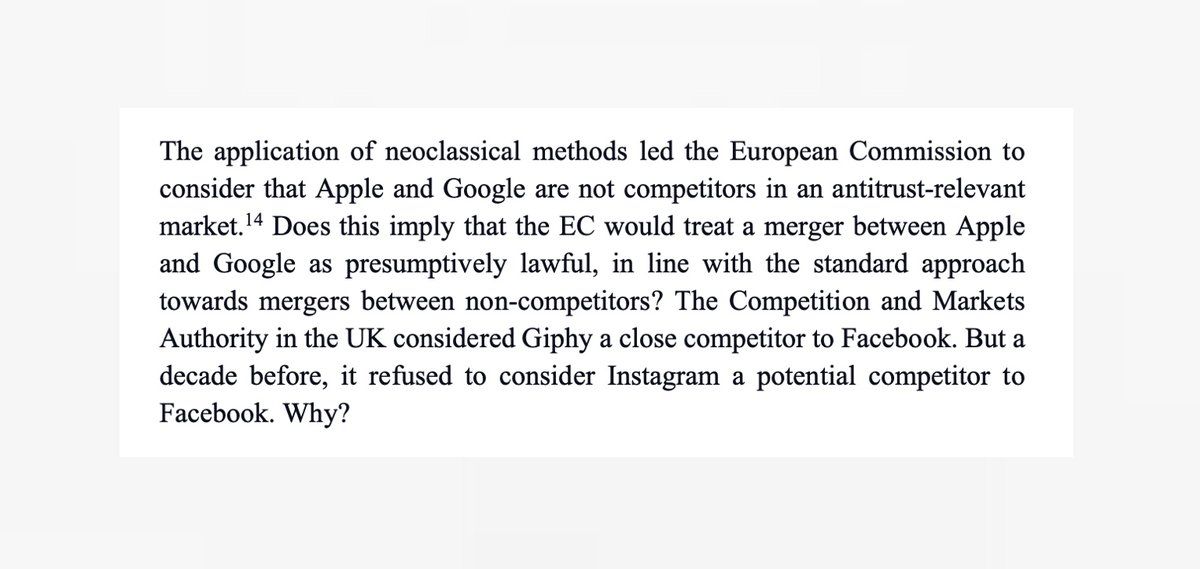I watched The Social Dilemma last night (imdb.com/title/tt114648…). A thread:
1- I couldn’t help but asking myself the following question all along: do they see the irony in arguing the tech industry is killing democracy on...... Netflix (and that most people will hear about it through social media)??! Anyway, pass the irony, let me get a closer look.
2- To be sure, the tech industry is asking some very important questions and creating issues. What we should NOT be doing is addressing them without considering how to preserve the positive aspects—more on that at law.mit.edu/pub/lawandtech….
3- Lots about surveillance capitalism, but too few about state surveillance / the link between the two. Too bad, as this is a VERY important subject. See globalgovernmentforum.com/global-interne….
4- Also, note that some prominent anti “surveillance capitalism” people are openly PRO state surveillance lefigaro.fr/international/…
5- Nothing about blockchain? Seriously? Nothing about market responses to the relevant issues? Too bad (here again), it would have been interesting to hear about how to make sure they succeed. More coming on that at Berkeley CIP forum 2020. Also, here: ssrn.com/abstract=31935….
6- Interesting developments when it came to dark patterns. But what about “light patterns”? For example, talking about it would have taken the documentary (a bit) away from its conspirationist take (with the three guys in a secret lab…).
7- One thing is never mentioned: the uncertainty under which tech companies are operating. As W. Brian Arthur is saying, companies have to “cognize”, i.e. take the best decisions under uncertainty. They’re not evil masters with a perfect plan to destroy the universe.
8- It seems to assume that online products' personalization is always bad (if not wrong). Well, are you sure about that? No, we’re not.
9- It’s a bit awkward that only technology (especially the one behind social media) is held accountable for all evils, while human decisions are never mentioned. In that sense, the documentary is more technology-obsessed than most of the people it talks about.
10- I found the last part – about polarization – to be the most interesting, as reality (and empirical studies) back up the idea that, indeed, the effects are proportionally more disastrous than positive in that regard.
11- Civil wars, death (of democracy), end of civilization... OK. The documentary is playing a lot on fears but offers literally 0 tips on what to do at our level. Is it all about “outlawing social media”? What about bottom-up solutions (see papers.ssrn.com/sol3/papers.cf…)?
12- The documentary philosophy is revealed towards the end: “it’s the critics that drive improvements”. Well... maybe, but (1) it’s not only them, (2) there’s critic (everything’s horrible) and critic (here’s what’s good and what’s bad). Let us be the second kind – END.
• • •
Missing some Tweet in this thread? You can try to
force a refresh












